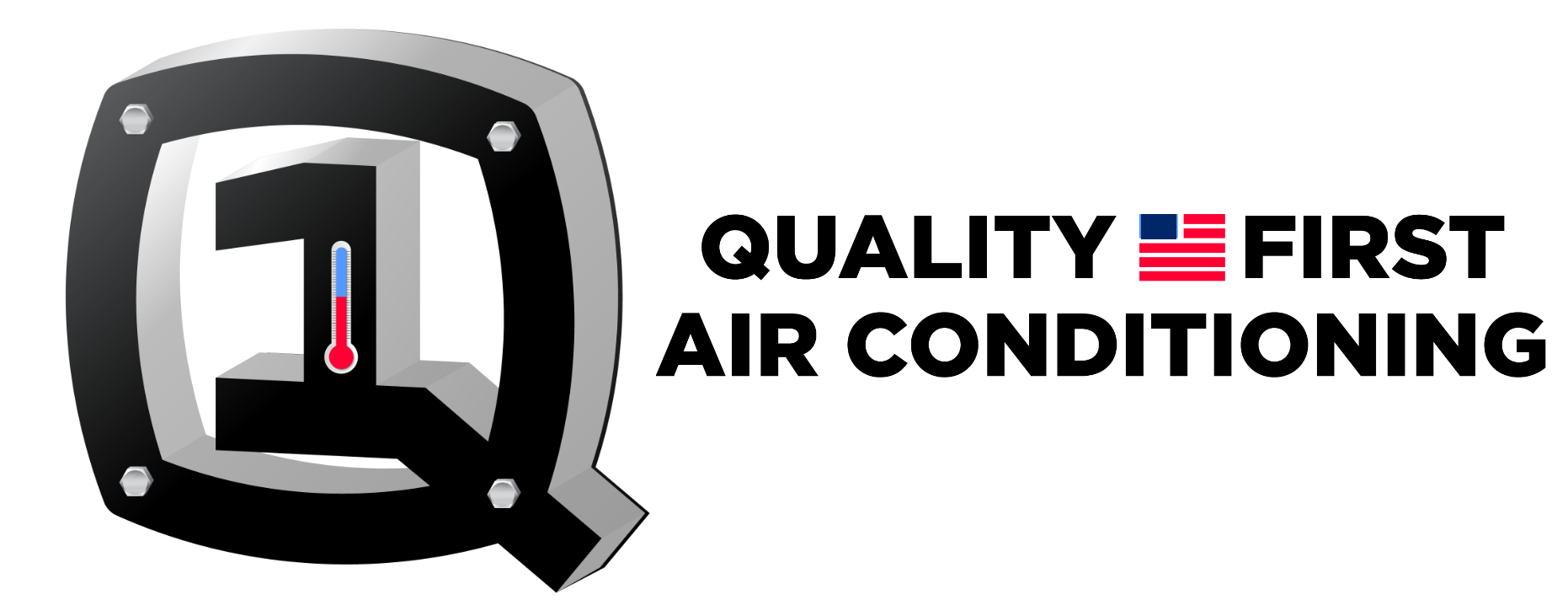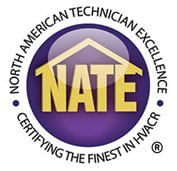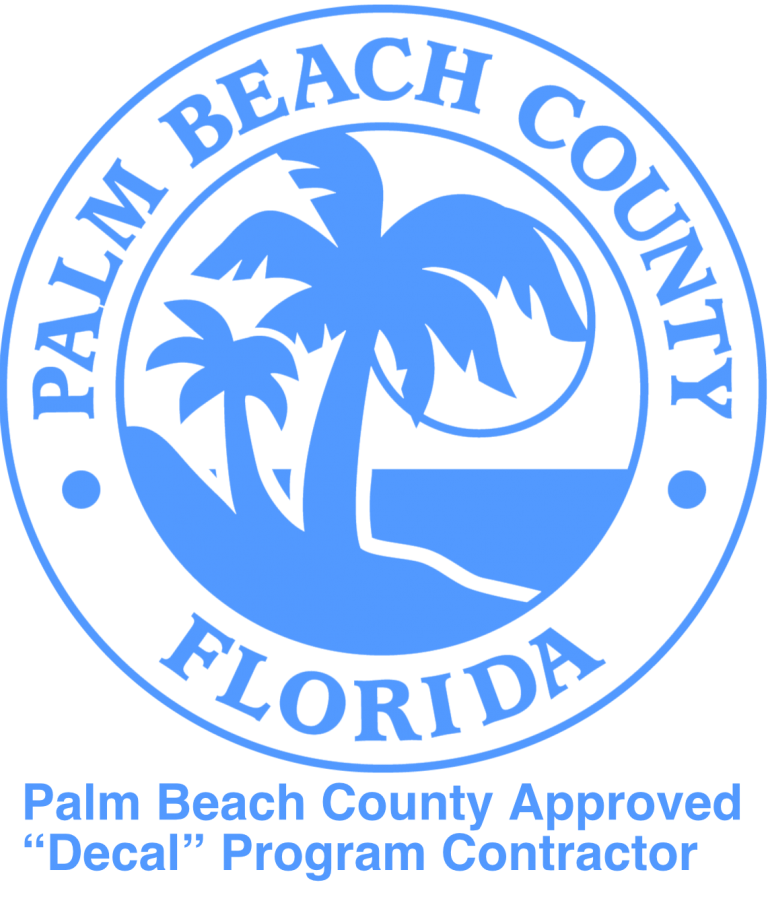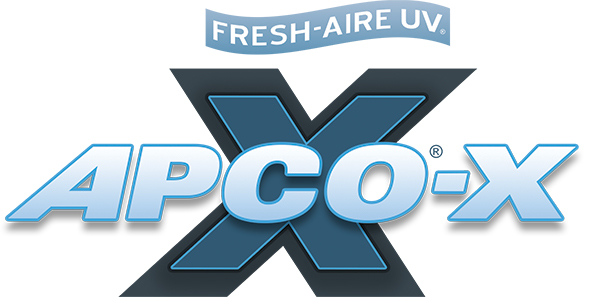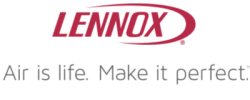Key Takeaways
-
Air filters play a crucial role in maintaining clean indoor air. They protect your health by removing harmful contaminants like dust, pollen, and bacteria. They protect your HVAC systems, improving their performance and lifespan.
-
Standard filters come in many sizes and materials such as fiberglass and HEPA, and are widely available. These filters are rated with MERV, MPR, and FPR ratings that indicate their ability to filter harmful contaminants.
-
Custom air filters are designed for specific HVAC systems and unique air filtration needs, offering tailored solutions for environments like hospitals or homes with allergy concerns.
-
Custom filters might need a larger upfront investment, but they are highly effective at maximizing filtration efficiency. Further, they provide increased compatibility with systems and long-term savings through energy efficiency and decreased maintenance expenditures.
-
The best air filter for you and your home will depend on the specifications of your HVAC system, your air quality goals, and your budget. Standard filters are fine for most common applications, but custom filters are the way to go when you have a unique requirement.
-
Learn about new filtration technologies such as electrostatic, activated carbon and HEPA filters. These solutions are more effective than traditional methods, significantly improving air quality and better addressing targeted concerns, including odor and fine particulate removal.
Custom air filters are definitely worth the investment, particularly when you’re committed to achieving superior air quality and comprehensive system efficiency.
Custom options are made-to-order, engineered for each unique HVAC system. This customized setup guarantees an exact fit, reducing the presence of gaps and leaks significantly. All of which result in increased airflow, with higher quality filtration of harmful allergens, and longer equipment life.
They have different materials available with different levels of filtration. That way, you can choose custom filter options that best tackle dust, pet dander or other pollutants to fit your lifestyle. Custom filters provide greater durability and efficiency.
In the long run, this adds up to a lot of savings on maintenance and energy costs. In today’s post, we’re going to look at the ways custom air filters provide value and ensure that you get the most out of your investment.
Understanding Air Filtration Basics
Air filtration plays a critical role in maintaining indoor air quality by removing contaminants that can affect health and comfort. Filters trap airborne particles such as dust, pollen, pet dander, mold spores, and even microscopic pollutants like bacteria and smoke. Unfortunately, these particles frequently come from typical activities inside the home, outdoor air infiltration, and indoor sources such as furniture or appliances.
In homes with pets, filters do a great job of filtering allergens that come from pet hair and skin flakes. This results in a cleaner, healthier breathing environment for all.
Another key role of air filters is shielding HVAC systems from an accumulation of debris. Without sufficient filtration, particles may settle on sensitive components such as coils and fans decreasing efficiency and leading to premature wear over time.
When HVAC systems operate with clean filters, they maintain optimal airflow and require less energy, which extends their lifespan and prevents costly repairs. In a central air conditioner, a clogged filter will cause the unit to overheat and suffer mechanical failure. A clogged filter ensures erratic operation.
Standard Air Filters Explained

Standard air filters are available in commonly used standard sizes, typically ranging from 16×20 inches to 20×25 inches. These sizes are standard sizes, made to fit most HVAC air handlers. They’re created from things like fiberglass, which provides minimum amount of filtration, or pleated media to increase the catching of particles.
MERV, MPR, and FPR ratings compare filters’ abilities to capture particles and other pollutants. These are two handy ratings that give customers a lot of insight into how effective a filter really is.
An MERV 8 filter is 90% effective at removing those larger particles. On the other hand, a MERV 13 filters out much smaller particles, such as airborne viruses and bacteria.
Standard vs. Custom Air Filters: A Detailed Comparison
Choosing the right air filter for your HVAC unit means comparing characteristics including cost, effectiveness, and future ramifications. Understanding the differences between standard and custom air filters can help you make an informed decision tailored to your needs.
Here’s a deeper look at the difference, laying out factors you’ll want to consider.
Initial Cost Analysis
|
Filter Type |
Initial Cost Range |
|---|---|
|
Standard Filters |
$10 – $30 per unit |
|
Custom Filters |
$50 – $200 per unit |
Standard filters are available everywhere and cheaper up front, typically sold in packs of dozens for easy storage.
Custom air filters, however, typically come with a greater upfront cost because of their personalized designs and quality materials.
Despite the higher initial investment, custom filters provide superior value over time. They cut down on how often they need to be replaced and improve overall efficiency, offsetting their upfront cost.
Filtration Performance Differences
Helpful metrics such as MERV ratings (Minimum Efficiency Reporting Value) show you the measurable difference in performance.
Standard filters usually have a MERV rating of 1-8, ideal for capturing larger particles like dust and pollen.
In contrast, custom filters rated MERV 9-16 or higher are best at trapping small particles such as smoke, pet dander, and pollen.
In fact, they do an exceptional job at enhancing indoor air quality. A custom HEPA filter is capable of capturing particles down to just 0.3 microns in size. This further improves filtration in critical environments, like hospitals.
Impact on HVAC System Efficiency
Custom air filters are designed as tightly as possible for the best airflow, minimizing strain on HVAC components and decreasing energy consumption.
Standard filters can choke airflow in systems with high-demand situations, resulting in wasted energy and money.
By outfitting your system with a well-matched custom filter, you’ll help prolong your system’s lifespan while saving money on utility bills.
Factors Influencing Air Filter Costs
When considering whether custom air filters are worth the investment, it’s essential to understand the factors that drive their pricing. These factors include the quality of materials used, MERV ratings, filter size, brand reputation, and installation cost. Each of these factors contributes to overall value, performance and long term savings.
Material Quality and Pricing
The nature of the medium used is the single biggest driver of the cost versus performance equation when it comes to air filters. Basic fiberglass filters are usually the cheapest, generally between $5-$10, but they lack effective filtration.
Pleated filters, like our poly/cotton blend, provide extra rigidity and strength. Based on size and thickness, their filters run anywhere from $15-40. For example, high-quality true HEPA filters, usually made with extremely dense mesh to catch the smallest of particles, can run $50 or more.
Spending on materials increases your filter’s ability to remove particles from the air. Moreover, it extends the life of HVAC systems, which offers savings in the long run.
MERV Rating and Cost Correlation
Tip #4—Choose the right MERV rating. MERV (Minimum Efficiency Reporting Value) ratings tell you how well a filter traps airborne particles. Higher MERV ratings like 13-16 offer better filtration capabilities but are more expensive, usually priced above $30.
Filters with low MERV ratings (6-8) are less expensive, costing $10-$20. High-MERV filters can add a layer of protection. Tighter filters can reduce airflow in some HVAC systems, resulting in increased energy use.
Consumers can expect to make these types of trade-offs to find the right balance of cost and performance.
Filter Size and Price Variations
Standard sizes: Common dimensions like 16x20x1 or 20x25x2 cost $10-$30. Non-standard filters may cost 30-50% more due to special manufacturing.
While larger filters can be more costly, they offer improved airflow and efficiency, and often need to be replaced less frequently.
Brand Reputation and Pricing
Filters made by trusted brands such as Honeywell or Filtrete are generally more expensive because they have a track record of quality and reliability. Recognized manufacturers test their products extensively to ensure they perform up to expectations, instilling trust in consumers.
This means paying a premium for these brands typically results in greater product durability and reliable air purification outcomes.
Installation Costs Explained
Custom filters could need professional installation, increasing costs by $50-$100, depending on the system’s complexity. Standard filters provide a more user-friendly replacement, usually requiring no installation from a professional.
So they’re typically a more cost-effective option for DIY customers.
Assessing Long-Term Savings Potential
When looking at custom air filters, it’s important to understand their role in creating long-term savings potential. Their efficiency increases energy use, humidity control and HVAC system longevity, while creating better overall indoor air quality. All of these improvements result in tangible, quantifiable monetary value in the long-term.
Reduced Energy Consumption Benefits
More efficient air filters allow for adequate airflow while taking strain off of HVAC systems. When their system has to work less to circulate air, energy bills can be cut in half. For instance, a high-efficiency filter can lower energy use by up to 15%, cutting annual costs for a 2,000-square-foot home.
High-quality filters would ensure that dirt does not clog the system’s inner workings, forcing systems to work harder than they need to. In fact, over time that efficiency means ongoing, long-term savings, so up-front costs are more than offset by future savings.
Extended HVAC System Lifespan
Custom HVAC filters shield HVAC system components from dirt, dust, and other harmful debris. With cleaner systems, there is less risk of the system breaking down and needing costly emergency repairs, saving homeowners hundreds of dollars each year.
Dirty, poorly filtered, or unfiltered systems could lose out on 2–5 years of service life. Because they minimize the wear and tear caused with standard filters, there is great long-term savings potential.
Improved Indoor Air Quality Savings
Reducing allergens and pollutants that aggravate the lungs, clean air lowers healthcare costs related to respiratory disease. Families can almost immediately feel the impact through fewer trips to the doctor and lower expenses on medications.
Improved air quality creates more productive and comfortable environments, especially for a growing base of remote workers further increasing the intangible benefits of the investment.
Decreased Dusting and Cleaning Needs
Effective filters reduce dust accumulation, requiring cleaning less often. This not only saves staff time but results in less money spent on cleaning supplies or on professional cleaning services.
A cleaner home environment leads to less wear and tear on furnishings and electronics, which increases their lifetime use.
Evaluating Air Filtration Performance
To grasp the true performance of bespoke air filters, it’s crucial to examine fundamental elements such as filtration efficiency, airflow, and contaminant removal. All of these factors come into play when deciding if the time and money investment in custom filters is worth it.
Filtration Efficiency Benchmarks
Filtration efficiency is often measured by different standards such as Minimum Efficiency Reporting Value (MERV) ratings. A MERV (Minimum Efficiency Reporting Value) rating is an industry standard that reflects the effectiveness of a filter in capturing particles of different sizes.
In general, filters claimed to be MERV 8 will trap most larger particles including dust and pollen. In comparison, MERV 13 filters and above are much more effective at capturing smaller particles, such as smoke and bacteria. Achieving a higher MERV rating ensures better air quality, especially in homes with pets, allergies, or respiratory issues.
It’s key to tailor a filter’s level of efficiency to particular needs, as to not overinvest.
Airflow Restriction Analysis
It’s important to know that custom filters can restrict airflow through your HVAC system. Filters with a higher level of filtration tend to pull more airflow, which puts an increased load on the system and negatively impacts efficiency.
Proper airflow is essential to the best heating and cooling performance. Filtration efficiency and adherence to airflow requirements need to be carefully balanced against each other. Take for example, a MERV 11 filter, which provides excellent filtration without overly restricting airflow.
Contaminant Removal Capabilities
Air filters remove different types of contaminants, such as dust, pet dander, mold spores, and even smaller particles like viruses. HEPA filters are the best commercial filters at removing particles of all sizes.
They might not be the best choice for every system because they can limit airflow. Pick the right filter for the pollutants you care about most. That’s going to be your best avenue towards getting the right indoor air quality tailored to your specific situation.
When Are Custom Filters Worth It?
Custom air filters are the worthy investment they are when special needs, surroundings, or requirements call for a higher standard than off-the-shelf alternatives.
Purpose of Custom Filters
Their worth becomes obvious in scenarios where default filters do not work. They are proven solutions to address targeted air quality concerns, improve HVAC performance, and meet rigorous environmental regulations.
Addressing Specific Air Quality Needs
Custom filters shine in settings with specific air quality issues. Industrial facilities with dangerous dust accumulation or chemical particulates flourish with specialized filters.
These filters are highly effective in capturing fine pollutants like silica and volatile organic compounds, multiple studies have shown. For homes located near construction zones or in areas with high vehicular traffic, filters that target smaller particulate matter (PM2.5) would be needed.
When you customize filtration, you’re making sure that whatever pollutants are impacting people indoors are reduced most effectively, improving overall indoor air quality. These tailored approaches are important when traditional filters aren’t able to filter out the specific pollutants affecting your community.
Handling Allergy and Asthma Concerns
For individuals with allergies or asthma, custom filters are proven to dramatically lower allergy/asthma triggers. High-MERV filters, which are filters rated MERV 13 or higher, trap allergens such as pollen, mold spores, and pet dander.
For people particularly sensitive to PM, filters that perform at the HEPA level offer a further line of defense. Clear skies mean cleaner air, which prevents respiratory illnesses, particularly in homes with children or elderly adults who are more susceptible to respiratory complications.
Optimizing HVAC System Performance
In addition to cleaning the air, implementing custom filters increases the efficiency of the HVAC system. A filter that is custom made for your system helps to optimize airflow across your whole unit, putting less strain on the unit and extending its lifespan.
The further customization is done for HVAC energy consumption, performance, and indoor comfort.
Meeting Environmental Standards
Targeted industries, like healthcare or manufacturing, usually have the highest environmental compliance requirements. This is where custom filters come in — facilities with stringent emissions or waste requirements can more precisely target their biggest issues.
They further achieve sustainability, minimizing environmental harm in the long run.
Making the Right Choice: A Guide
Choosing the right air filter begins with knowing your priorities and the details of your HVAC system. Personalized air filters could be just the thing to create compatibility and personalized benefits you’ve been looking for. Here are the steps to take to make an informed decision.
Determine Your Air Quality Goals
First, determine if your priorities are reducing allergens, minimizing odors or maximizing energy efficiency. For example, if you experience seasonal allergies, a filter with a high MERV (Minimum Efficiency Reporting Value) rating may help trap pollen and dust.
Employers may want to protect their workers’ health by ensuring clean air, necessitating filters engineered for industrial contaminants. Defining clear goals helps you match your filter choice to your needs and ensure you have a solution that works.
Assess Your HVAC System Specs
Saving energy starts with knowing the right HVAC system specifications. Central air HVAC systems have main considerations such as the system’s airflow capacity and filter size.
For instance, a system designed for filters no thicker than 1 inch won’t accommodate a thicker custom filter without affecting performance. Reliable, precise measurements are important for compatibility.
Keeping energy inefficiency at bay, a 16x25x1-inch filter improves your HVAC’s longevity and lessens the need for expensive maintenance.
Compare Filter Options and Costs
Filters differ by the materials used, their efficiency and price. Below is a basic comparison:
|
Filter Type |
Efficiency (MERV) |
Estimated Cost ($) |
|---|---|---|
|
Standard Fiberglass |
2-4 |
5-10 |
|
Pleated |
8-13 |
10-30 |
|
Custom |
14+ |
50+ |
Custom filters offer multiple benefits rolled into one solution, but they need a cost-benefit analysis.
Read Reviews and Seek Recommendations
Real-world performance is brought to life through dynamic consumer reviews, complemented by objective, trusted insights from HVAC professionals. Together, both sources of information can reveal what works best, like whether a filter has lasting performance over time.
This leads to more informed choices, ensuring that you select a filter that meets your specific needs and expectations.
Exploring Advanced Filter Technologies
The emergence of new advanced air filtration technologies has provided a solution that has transformed the way we combat poor indoor air quality. These innovations address efficiency, durability, and adaptability to the different environmental requirements for better filtration solutions.
Whether filtering out dangerous microscopic particles or eliminating unwanted smells, today’s advanced filters have been engineered to provide targeted solutions to individual problems. By having a clear picture of what these technologies can and cannot do, you’ll be able to make smart decisions that fit your air quality objectives.
Electrostatic Filter Benefits
Electrostatic filters are a remarkable advance in air cleaning technology. They utilize a strong electric charge to filter and capture the air particles that float through our homes, such as dust, pollen, and pet dander.
This patented process provides high-quality filtration performance to remove even the finest particles, typically up to 0.1 microns. Unlike common filters that use a mechanical barrier to stop particles, electrostatic filters work to pull contaminants into their positively charged fibers.
In the long term, this reusability—again, the majority of these filters can be washed and reused—represents a dramatic cost savings. For families with an allergy sufferer in the household or those living in a high-dust community, electrostatic filters offer a safe, smart and cost-effective option.
Activated Carbon Filter Advantages
Activated carbon filters are very effective at eliminating odors and gaseous pollutants. Their extremely porous structure allows them to trap a range of chemicals, including volatile organic compounds (VOCs) and smoke.
This ability makes them ideal for homes with smokers or heavy cooking smells. These filters perform superbly in tandem with HEPA or electrostatic models, significantly boosting indoor purification efforts.
Selecting the right type of activated carbon filter for your specific needs will give you the most effective results to keep your air clean and fresh.
HEPA Filter Applications
HEPA filters play a critical role in spaces that require the cleanest air possible, like hospitals or homes with asthmatic children. Their efficiency to capture particles down to 0.3 microns guarantees removal of allergens, bacteria, and fine household dust.
Given its proven importance to meeting increasingly stringent air quality standards, HEPA technology forms the basis for advanced comprehensive filtration systems.
Conclusion
Custom air filters enhance performance and provide unique capabilities that off-the-shelf filters simply can’t manufacture. Select them when you’re looking for healthier air and more customized solutions. They’re effective in special configurations, more durable in some instances, and contribute to enhanced air quality when customized properly. While the initial investment may seem greater, their enhanced durability and efficiency usually compensate for this in the long run. It’s really just about getting the right filter to your application, whether it’s a residential, commercial, or manufacturing environment. Consider your unique situation, including your home and means, as well as what you hope to achieve years down the line. The right filter does more than remove harmful particles from the air—it saves you money and improves your health. Thinking custom air filters are the way to go and want to learn more? Find out more today and see what filter is right for you.
Frequently Asked Questions
What are custom air filters?
Custom air filters are specifically designed to fit a unique HVAC system or address a specific air quality requirement. They are custom-built to exact dimensions and can feature custom materials, too, to increase filtration efficiency.
How do custom air filters differ from standard ones?
Custom air filters are often made to accommodate odd dimensions or offer increased filtration. Standard air filters are mass-produced in preset sizes and offer standard, basic filtration. Unlike these standard options, custom options are able to specifically target different pollutants or allergens.
Are custom air filters more expensive?
We admit, custom air filters usually are pricier than off-the-shelf filters. That cost is indicative of the custom designs and exotic materials used. You’ll enjoy long-term benefits down the line, such as more optimal air quality and HVAC efficiency.
Do custom air filters improve air quality?
Compared to a standard air filter, custom filters are able to trap finer particles, allergens and pollutants more efficiently. They are a great choice for homes with specific air quality requirements, like allergy or pet dander issues.
Can custom air filters save money long-term?
Yes, through enhanced HVAC efficiency and system lifespan their savings can earn-out the higher cost. With better filtration leading to less wear and tear, their use can save you in repair costs and energy bills in the long run.
When should I consider custom air filters?
If your HVAC system requires a custom or non-standard size, then you should be using custom filters. They’re incredibly useful if you have particular air quality issues, like allergies, asthma, or pet fur. They’re perfect for special environmental emergencies such as wildfire smoke.
How do I choose the right custom air filter?
Accurately measure your HVAC system’s dimensions and determine your air quality requirements. Work with a professional to determine the best material for your home. Let a trusted manufacturer assist you in determining the appropriate level of filtration for your application.
